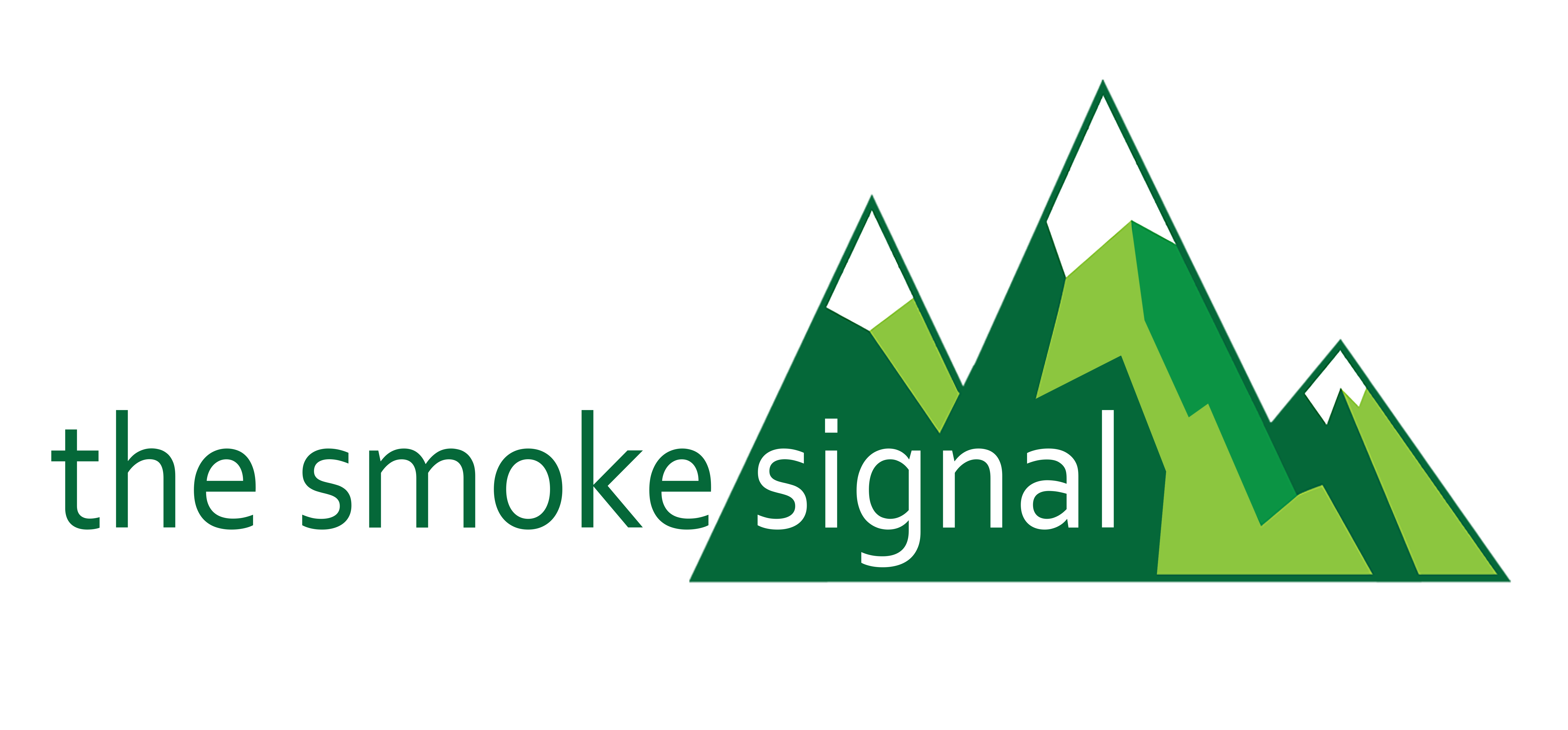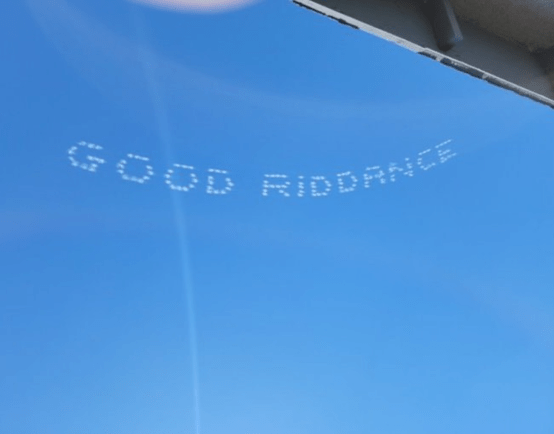
By Staff Writer Goonja Basu
“It’s difficult to imagine these songs living anywhere other than my most secret places,” singer-songwriter Gracie Abrams said when she announced her debut album. Released on February 24, Abrams’ first full-length project, Good Riddance, is filled with deep emotions of past regrets and sorrow.
Abrams rose to fame in 2020, with the release of the two songs, “I miss you, I’m sorry” and “21,” from her first EP, minor. Abrams then went on to release a second EP in 2021, called This Is What It Feels Like. Both of her previous projects heavily influenced the scene of modern indie music, having inspired world-famous artists such as Olivia Rodrigo and landing her a spot as an opener for Rodrigo’s SOUR Tour and Taylor Swift’s upcoming Eras Tour. Since Abrams’s successful debut, Good Riddance has now become her most anticipated and recognized release. In March, Abrams will also begin her third headline tour for this new album.
As Abrams’s third record, Good Riddance shows her artistic growth — where minor and This Is What It Feels Like are the results of a teenager experimenting with her sound, playing around with synths on her laptop and a still-developing voice, this album features strong vocals, steady production, and the elaborate lyricism that Abrams is known for. From her initial syncopated bedroom pop, Abrams now settles into an indie genre that she is much more suited for than her previous bedroom pop style.
Not only does the album show Abrams’ evolution as an artist, it also portrays the universal feelings of a growing young adult regretting decisions she has made. Abrams has an innate ability to take her own experiences and twist them into relatable lyrics; for example, reflecting on what she could have done better in her past relationship. Guilt and self-hatred from this reflection are frequent themes throughout the album, especially in songs like “Best,” where the hook is “I never was the best to you” repeating over and over, a mantra of what Abrams deeply regrets. Abrams excels at putting her personal touch into the album as much of it is sung in past tense, as if it’s a look into Abrams’ grief and heartache. As listeners get a look into Abrams’s past heartaches, the tracklist leads to one notable song — the closer of the album, “Right now,” where Abrams heals from her past and comes back to life from a dissociation portrayed throughout the album as she sings “I feel like myself right now.”
Despite Abrams’ deeply emotional and relatable content, she sometimes lacks creativity as she droningly repeats the same chorus, tiring her songs to the point of boredom. She sings the line, “Where do we go now?” 24 times in her song with the same name. However, while some lyrics are lackluster, the album has more highlights of brilliant lyricism than not. Songs such as “Will you cry?” feature introspective lyrics (“Now you walk through me with my heart heavy / Breakin’ my reverie, I could die early / With your arms around me, habits go slowly / Would it not kill to say goodbye?”), while other songs like “The blue” take a simpler direction and bluntly states her message, though it makes her point just as well (“You came out of the blue like that / I never could’ve seen you coming / I think you’re everything I wanted”). Abrams frequently uses metaphors to highlight her relatability. In “Full machine,” she juxtaposes her destructive self and someone she is not meant to be with: “I’m a rollercoaster / You’re a dead end street … I’m a forest fire / You’re the kerosene.”
Between the raspy texture and quiet etherealness, Abrams’ voice and versatility shines in Good Riddance. In the chorus of “I know it won’t work,” Abrams’s desperation sounds as her loud and strong voice punches in the lines: “And part of me wants to walk away ‘til you really listen / I hate to look at your face and know that we’re feeling different.” At the same time, she whisper-sings in songs like “Right now,” making it feel as if she is folding into herself due to a floating feeling (“I’m so high but can’t look down / Left my past life on the ground”). Abrams also uses her voice to play into the beat, such as in “Fault line,” where she dictates the beat with the way she pulls and trails off at certain words.
Where the album shines vocally, Good Riddance can’t choose where it lands in terms of good or bad production. On some occasions, it has a three-dimensional quality about it; an uplifting guitar, keys, and drums adds a depth of fervor to Abrams’ regretful voice. However, at other times the production of a song can overpower her voice. In “Best,” her voice fades into the background of the echoing keyboard and guitars; as Abrams sings “And now, I, now I bet you resent / All of me, all of it, angry, blocking me over the Internet,” her raspy voice is weak in comparison to the rhythmic layering of the backtracks and drums.
In certain tracks, Abrams even alludes to previous songs from different projects, converting familiar instrumentals and lyrics into a captivating new song. “Fault line,” in particular, starts off sounding like her 2021 single, “Mess It Up,” and “Will you cry?” has chords reminiscent of “Rockland.” Rather than feeling redundant, her references to past works strike a chord of nostalgia, adding a connection for a fan to follow through her discography.
In terms of a project as a whole, Good Riddance is an extremely cohesive album. From opening with “Best” to ending with “Right now,” it’s clear that Abrams put exceptional care into each song, with vivid emotion found in every track. Regret is a universal emotion, and Abrams captures it flawlessly in Good Riddance. Despite the album’s flaws, Abrams has curated a nearly perfect 12-track record that exceeds all expectations, especially for a debut album. If this is only the first of many to come, then the discoveries Abrams will make in the future are even more promising.
Photos courtesy of Gracie Abrams, Sarah Louise Bennett, and Interscope Records









